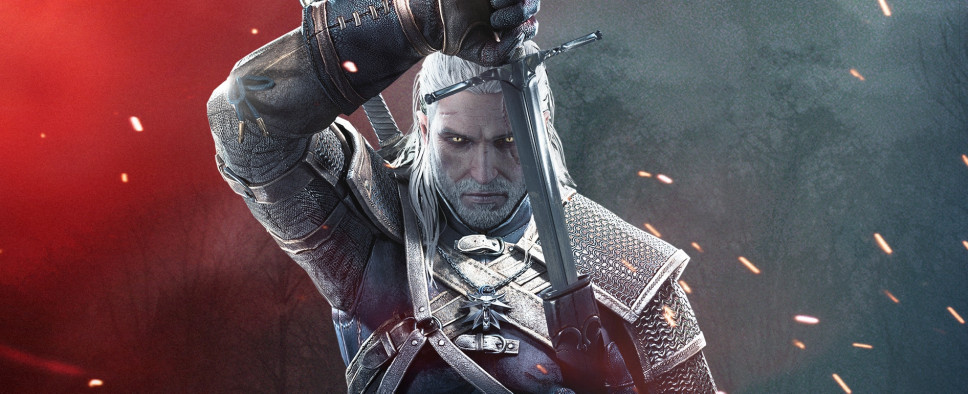Why Sex Matters in The Witcher 3: Wild Hunt
-
Category: News ArchiveHits: 6838

Given the boldness of the first two titles, I don't think it comes as any real surprise that there will be sexual content in The Witcher 3: Wild Hunt, but the claim that CD Projekt RED has placed "sex scenes constructed from over 16 hours of motion capture data" within the RPG in this new article on The Guardian may raise an eyebrow or two. The article features commentary from the development team on why such sexual content is pivotal for us to fully understand Geralt's relationship to other characters in the game, as well as his motivations:
(People might think we're putting sex into the opening scene for no good reason,) explains senior game designer Damien Monhier. (No, no, no. We are establishing that your character was intimate with this woman recently in order to plant in your mind that, at very least, he must enjoy her company.) In subsequent moments we see the pair gently flirt in an atmosphere of easy-going post-coital familiarity. Their secrets have been spilled and now, as she freshens at the mirror and he tousles her hair, a deeper affection between the characters is established.
(Through sex we have shown that this is a person who Geralt would be compelled to chase after if she went missing,) says Monheir. Five minutes later, the drama shunts into the future, a time when the woman, Yennefer, has disappeared. Your goal as lovelorn Geralt (accompanied by an older witcher named Vesemir) is to track her across the Skellige Islands. (Sex is the quickest way in which to establish the relationship and provide a justification for the player to pursue this woman,) he continues. (We couldn't just tell you to go find someone you don't know or care about. It wouldn't work.)
...
(It's been a massive challenge,) says Monheir. (Before, players would follow the story as in a novel or television series, moving from A to B to C. Now players can go A-D-B and we must ensue that the story makes sense regardless of the order in which it's approached. It's incredibly complicated.) This complication is compounded by the fact that the player has agency to alter the world around them by way of their choices. In one chapter later in the game, Geralt must investigate a series of brutal murders at a banquet (it's a scene reminiscent of the vivid and terrible Red Wedding in Game of Thrones, a series with which The Witcher shares both a tone, aesthetic and, in Charles Dance, an actor). The player must choose which character to carry out the investigation with, a seemingly mundane selection that causes dramatic alterations to the story and world.
(Your choice changes the balance of power in the area,) says Monheir. (Some characters may die and be removed from the world because of your choice. Other characters will become more or less warm to you as a result.) These changes are what make managing a non-linear storyline so challenging. (Maybe something you did in D will change the way that characters in B react to you,) says Monheir. (So you have branches that go back on themselves. It's mentally exhausting trying to work out all of the potential repercussions and permutations of these choices, the people you cause to live or die, the romances you enter into.)

